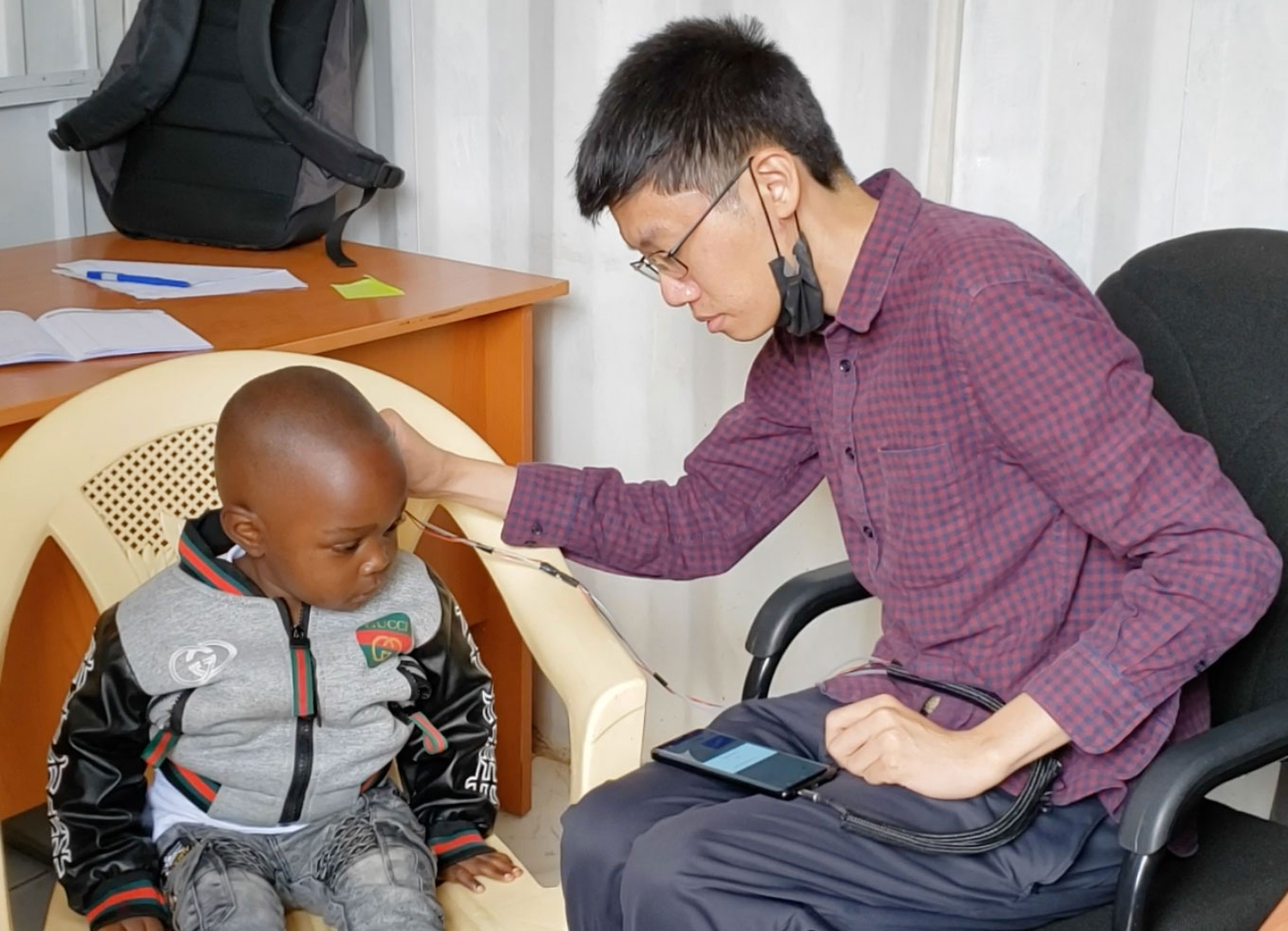
Faculty Candidate Seminar
Intelligent Mobile Systems for Equitable Healthcare
This event is free and open to the publicAdd to Google Calendar

Zoom link for remote participants, passcode: 054047
Abstract: Access to even basic medical resources is greatly influenced by factors like an individual’s birth country and zip code. In this talk, I will present my work on designing intelligent mobile systems for equitable healthcare. I will showcase three systems that are not only interesting from a computational standpoint but are also having real-world medical impact. The first system can detect ear infections using only a smartphone and a paper cone. The second system enables low-cost newborn hearing screening using inexpensive earphones. Lastly, I will present an ambient sensing system that employs smart devices to detect emergent and life-threatening medical events such as cardiac arrest. Through these examples, I will demonstrate how new computational and sensing techniques that generalize across hardware and work in real-world environments can help to address pressing societal problems.
Bio: Justin Chan is a Ph.D. candidate at the Paul G. Allen School of Computer Science and Engineering at the University of Washington. His work on smartphone-based ear infections is now FDA-listed and is available to select early access healthcare systems. His work on new-born hearing screening has led to an international effort called TUNE with the goal of bringing universal newborn hearing screening across Kenya as well as collaborations with NGOs such as the Global Foundation for Children with Hearing Loss to deploy this technology in Nepal and Mongolia. His work on contactless cardiac arrest detection has been licensed to a startup which has recently been acquired by Google. He was also a lead contributor for CovidSafe (now WA Notify), a COVID-19 contact tracing and symptom tracking app, which became part of official efforts by the WA Department of Health to manage the pandemic. He has authored publications in interdisciplinary journals like Nature Biomedical Engineering, Science Translational Medicine, Nature Communications as well as Computer Science and Engineering venues like MobiSys, MobiCom, SIGCOMM, SIGGRAPH Asia and UIST.
 MENU
MENU 
